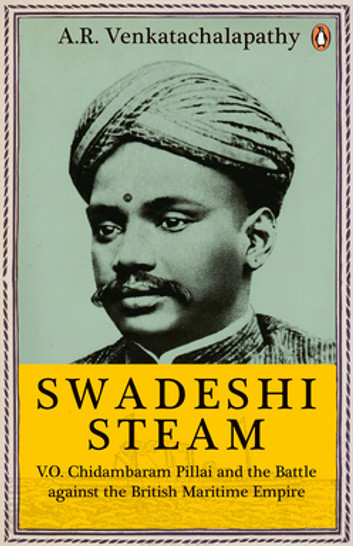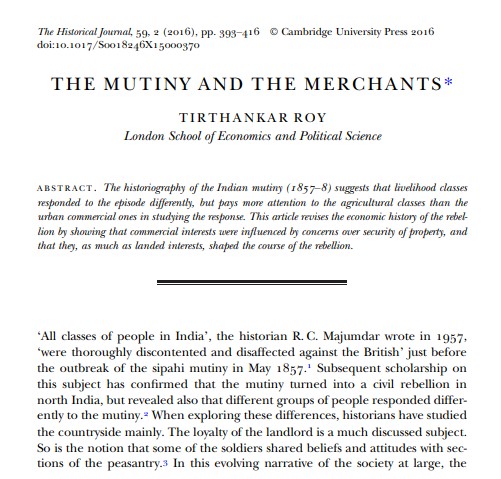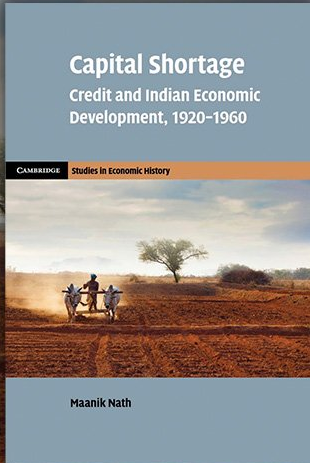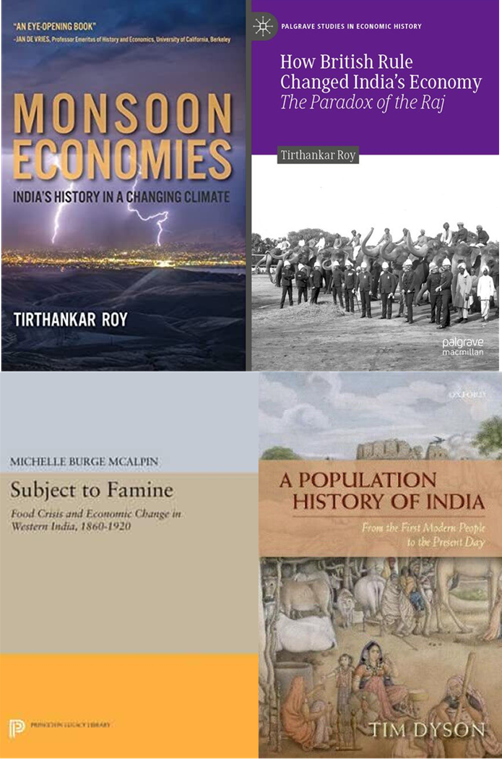
How to get URL link on X (Twitter) App




 Shipping was crucial to the first wave of globalization. Indian firms struggled against British monopolies due to high capital costs and limited state support. The book is about one such enterprise, V.O. Chidambaram Pillai's (VOC) Swadeshi Steam Navigation (SSN), started in 1906.
Shipping was crucial to the first wave of globalization. Indian firms struggled against British monopolies due to high capital costs and limited state support. The book is about one such enterprise, V.O. Chidambaram Pillai's (VOC) Swadeshi Steam Navigation (SSN), started in 1906.




 Most India experts think the economic growth resurgence in India since the 1990s happened because of policy shifts. In fact, a resurgence happened across South Asia and all countries, and these countries followed very different economic policies when it happened.
Most India experts think the economic growth resurgence in India since the 1990s happened because of policy shifts. In fact, a resurgence happened across South Asia and all countries, and these countries followed very different economic policies when it happened.




 From the nineteenth century, credit institutions changed in the Indian countryside in response to agricultural commercialization. For some, the changes were disturbing, and credit became a field of legislation and regulation.
From the nineteenth century, credit institutions changed in the Indian countryside in response to agricultural commercialization. For some, the changes were disturbing, and credit became a field of legislation and regulation.

 On one side stand scholars who answer with a ‘yes’. The classic is the Trinidadian writer Eric Williams’s Capitalism and Slavery. Williams made two points. First, economic calculations were overriding behind political (imperial) support for slavery in the British West Indies.
On one side stand scholars who answer with a ‘yes’. The classic is the Trinidadian writer Eric Williams’s Capitalism and Slavery. Williams made two points. First, economic calculations were overriding behind political (imperial) support for slavery in the British West Indies.

